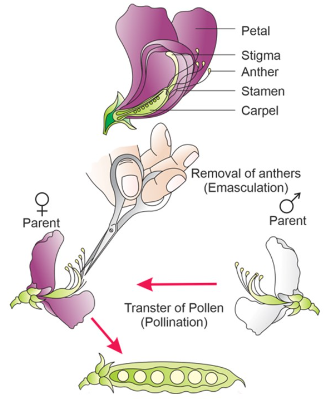Dec . 05, 2024 11:03 Back to list
Gathering Apricot Pollen for Prized Products and Benefits
Collecting Apricot Pollen A Vital Practice for Agriculture and Ecology
Apricots, with their sweet, succulent flesh and vibrant orange hue, are not only a delight for the palate but also an important component of agricultural biodiversity. Yet, the significance of apricot trees extends beyond their fruit; they are critical for the pollination process, which involves the transfer of pollen from the male parts of a flower to the female parts. This process not only facilitates the production of apricots but is essential for the reproduction of many plant species, thereby contributing to the overall health of our ecosystems. The collection of apricot pollen is an important practice that can enhance fruit production and support ecological balance.
The Importance of Pollination
Pollination is a key ecological process that ensures the continuity of flowering plants. In the case of apricots, cross-pollination often leads to a higher yield and better quality fruit. While apricot trees are capable of self-pollination, they benefit significantly from the assistance of pollinators—such as bees, butterflies, and even the wind. Collecting pollen can support these processes by either enhancing pollinator efficiency or providing an alternative method for fruit set in environments where natural pollinators are in decline.
Techniques for Collecting Apricot Pollen
The collection of apricot pollen can be accomplished through several methods. One common technique is the use of pollen traps, which are specially designed devices that capture pollen as it is dispersed by wind or insects. These traps can be placed strategically around orchards to maximize pollen capture during the flowering period. Additionally, gardeners and farmers can also gather pollen by gently shaking the blossoms of apricot trees during peak flowering times. It’s crucial to collect pollen in dry, warm conditions, as moisture can lead to clumping and diminish the viability of the pollen grains.
Handling the collected pollen requires delicate care. It should be stored in a cool, dry place, ideally in an airtight container to prevent moisture absorption. Proper storage conditions can significantly extend the pollen’s viability, allowing it to be used when needed, whether for manual pollination or to bolster local bee populations.
collect apricot pollen product

Benefits of Apricot Pollen Collection
The benefits of collecting apricot pollen are manifold. For farmers, increased yields from better pollination can result in enhanced profitability and sustainability. Additionally, the practice supports ecological health by promoting genetic diversity among apricot trees. This diversity is crucial not only for the trees’ long-term survival but also for the insects and other species that depend on them.
Furthermore, collecting and utilizing apricot pollen can foster greater awareness of the challenges facing pollinator populations. Many pollinators, particularly bees, face threats from habitat loss, pesticide use, and climate change. By engaging in pollen collection and fostering pollinator-friendly practices, farmers and gardeners can contribute to conservation efforts aimed at protecting these vital species.
Promoting Pollinator Welfare
In addition to collecting apricot pollen, it is equally important to create an environment that supports pollinator health. This can be achieved by planting a diverse range of flowering plants, reducing pesticide use, and providing habitats such as bee hotels. Education and community engagement are crucial in this endeavor—spreading awareness about the importance of pollination and the threats pollinators face can inspire action at the local level.
Conclusion
In conclusion, the collection of apricot pollen is a practice that supports both agricultural productivity and ecological integrity. It enhances the pollination process, ensuring higher yields of this beloved fruit while also contributing to the health of various ecosystems. As we strive for sustainable agricultural practices and increased awareness around pollinator health, the importance of collecting apricot pollen cannot be overstated. By working together—farmers, gardeners, and the community—we can create a flourishing environment that benefits both people and nature. The next time you enjoy a delicious apricot, take a moment to appreciate the intricate processes that brought that fruit to your table, and consider the role you can play in sustaining these vital ecosystems.
-
Premium Cherry Pollen for Pure Pollination & Different Types of Pollen
NewsJul.28,2025
-
Eco-friendly Fruit Paper Bags with Pollen Block Technology
NewsJul.26,2025
-
Premium Kiwi Pollen for Sale – Fresh Male Kiwi Pollen Supplier
NewsJul.25,2025
-
High-Quality Pear Tree Pollen for Artificial Pollination & Higher Yields
NewsJul.24,2025
-
Premium Cherry Pollen for Pure Pollination & Different Types
NewsJul.23,2025
-
Premium Plum Tree Pollen for Sale – Pure Pollination Guaranteed
NewsJul.22,2025